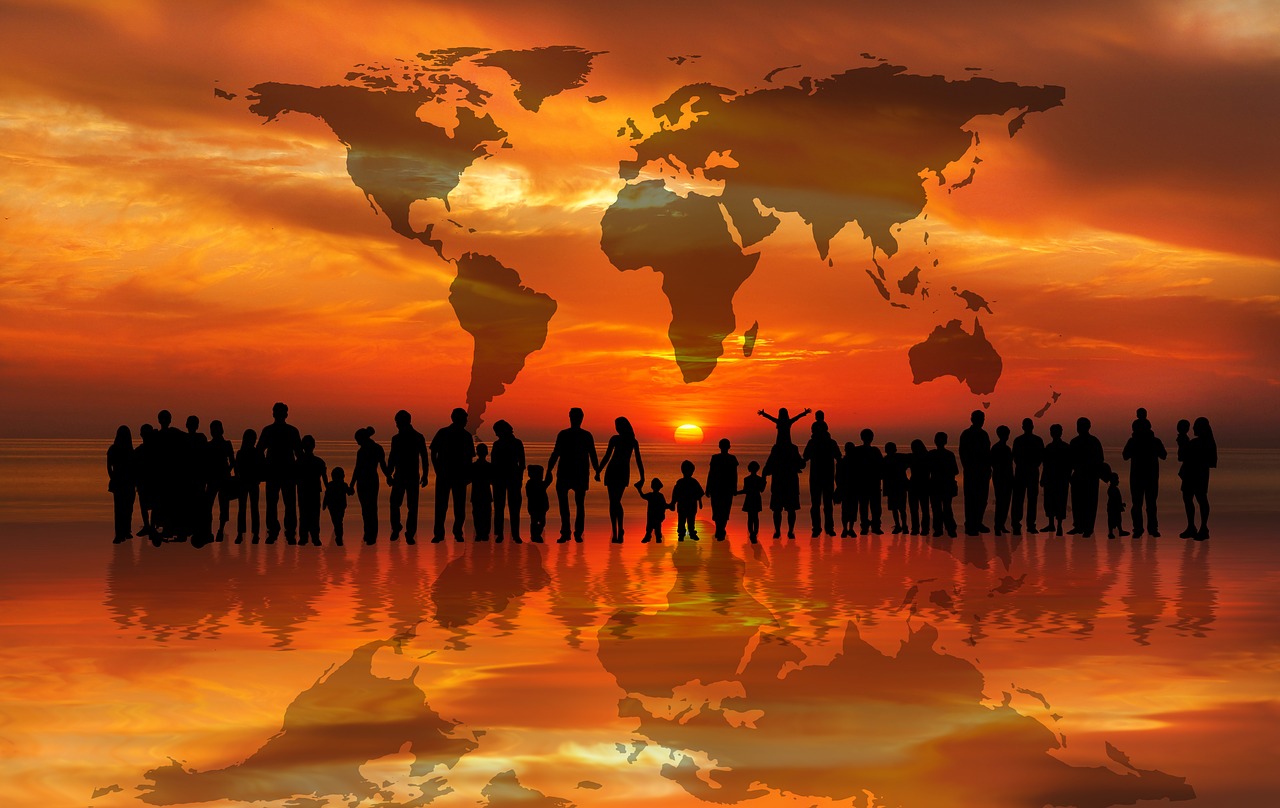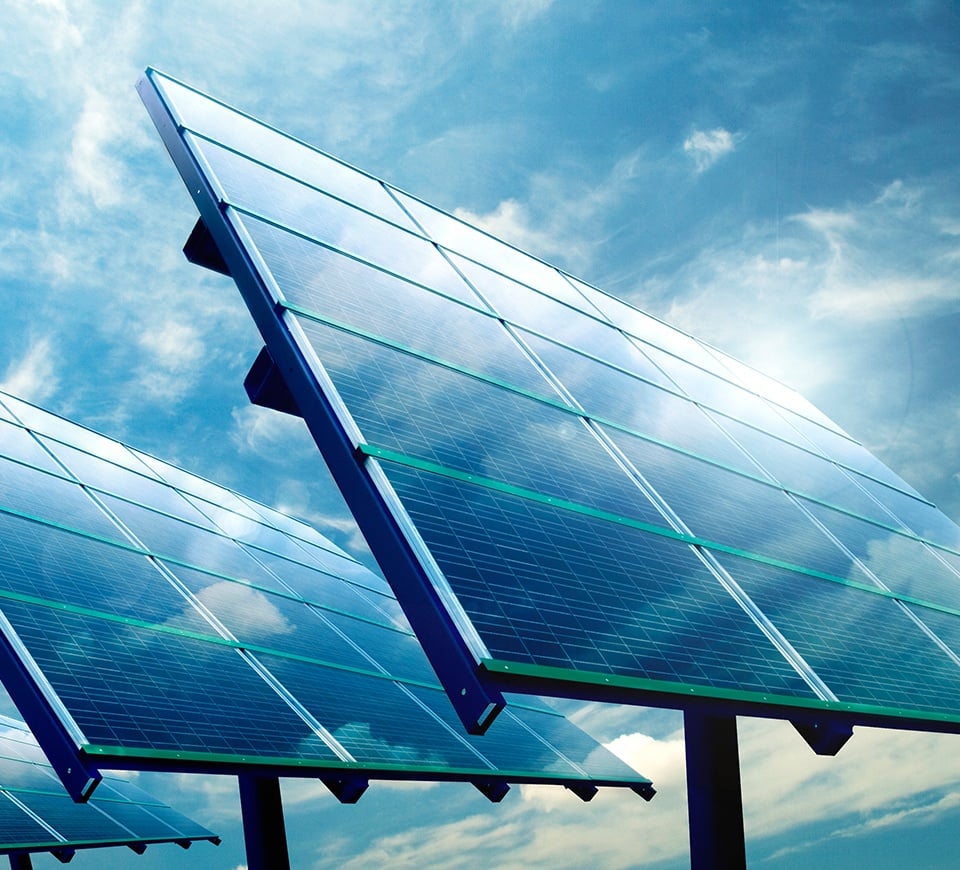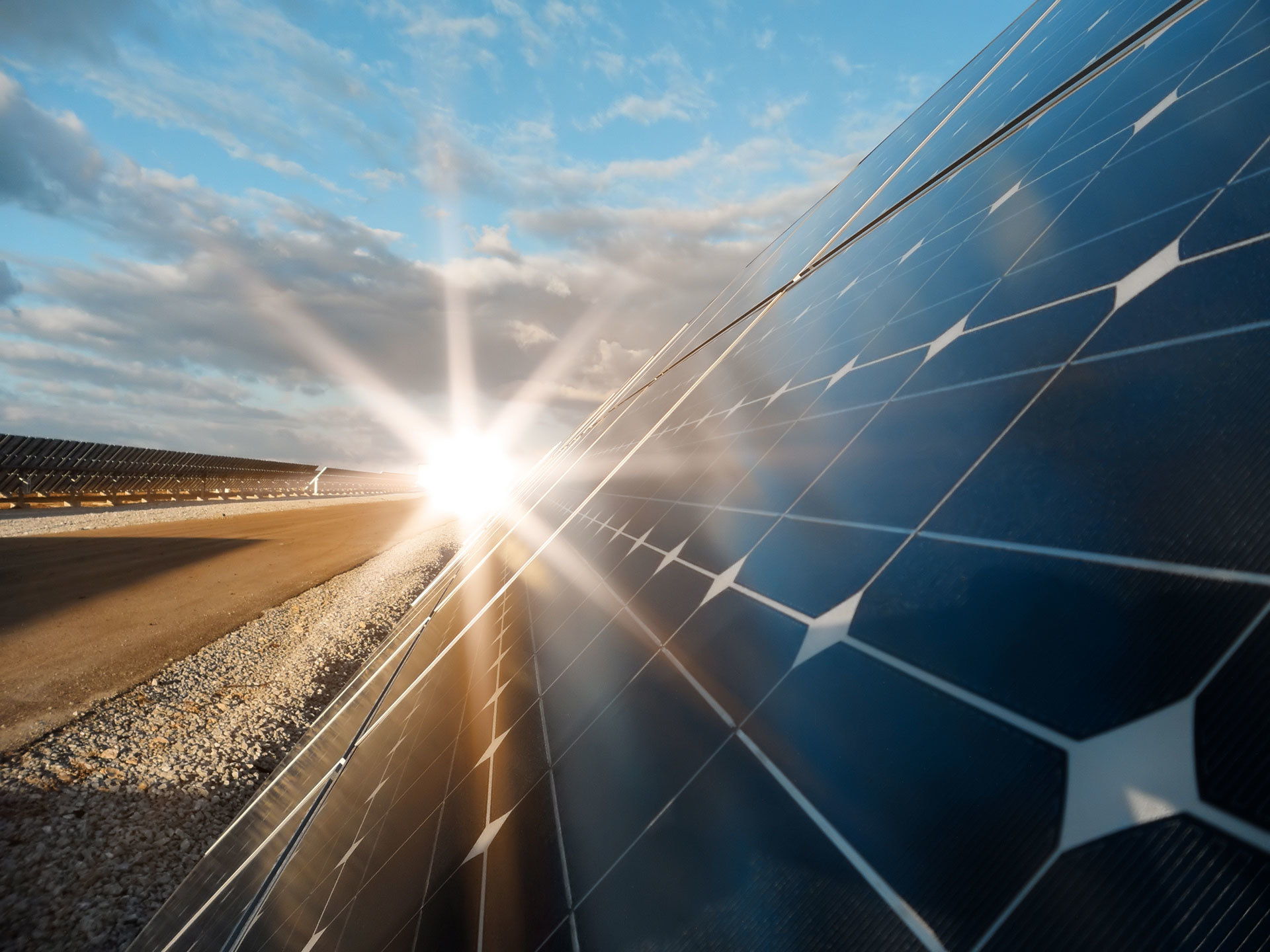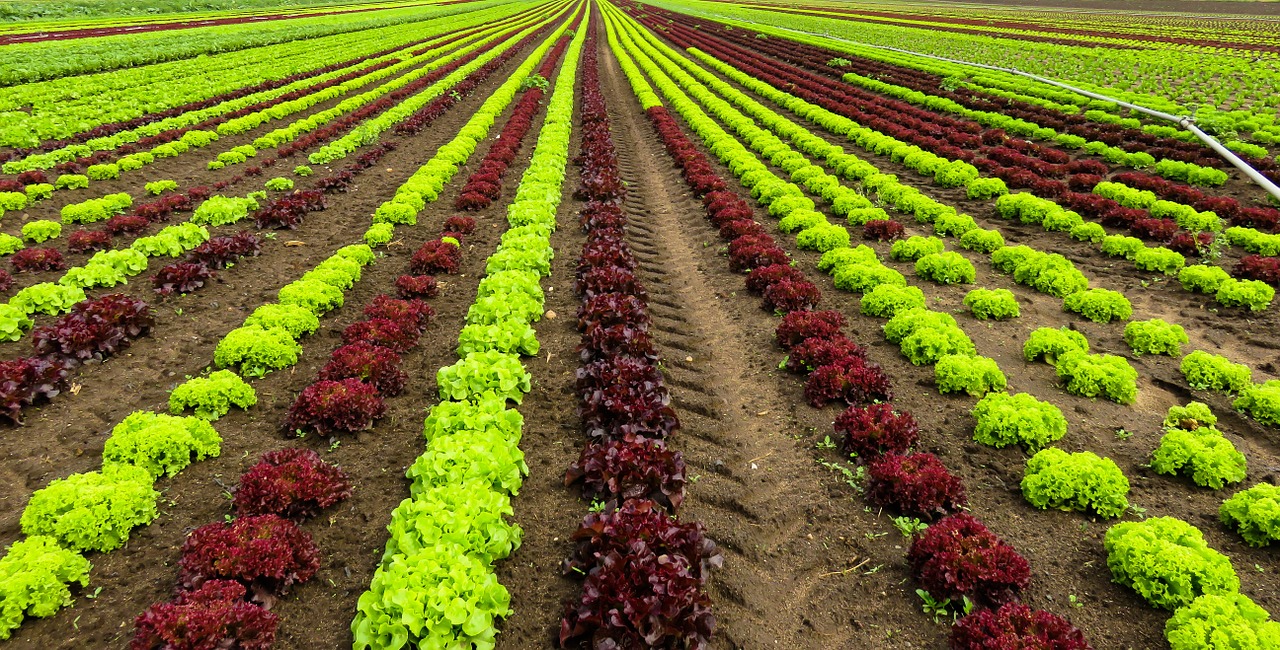Welcome to Saims
Bridging the Gaps
About Us
SAIMS was founded following a three-year success story of promoting, marketing and selling. Southern African products in central Europe in cooperation with the South African Department of Trade and Industry. The main focus was to assist South Africa business communities that were left behind during the apartheid regime to access EU markets.
Our Top Priorities
Full participation in the region’s untapped business potential and economic dynamism. Contribute to good governance for economic inclusion and efficiency .Facilitate and mobilize resources for sustainable economic development and growth. Equip and support the youth through vocational training for large-scale jobs creation Commitment to the elimination of society fragility and poverty.
Food and population
The gravity and urgency of the tightening food situation is such that we are not looking at a crisis in 2030 or 2050. We are looking at an abrupt disruption in the world food supply that could be just one poor harvest away! Food crises could coincide on several continents at once.
Health
Current and future effect on global populationPoverty vulnerability and economic insecurities are some of the direct risks to health, especially in developing countries. Warming oceans and a changing climate are resulting in an increase in infectious diseases.
Water Resources
Falling water tables China, India, and the United States collectively produce half of the world’s grain. They are all under the threat of falling water tables. The question is not whether water shortages will affect their future harvests, but rather when will it do so.
Climate change
Climate is rapidly changing Farmers around the globe are facing glass ceiling yields. We are facing extreme weather (drought and floods) patterns, the nutritional content of food for human consumption is decreasing. Our environment, ecosystems, and biodiversity is in great danger, and so are medicinal plants.
Solar Energy
Electrification of rural communities has reached centre-stage for contributing to poverty alleviation, stimulating economic activities in rural areas, fuelling industrial production and transportation as well as expanding rural development, protecting good health whilst promoting sustainability and environmental quality.
AGRICULTURE
Being food secure means having Enough, Nutritious & Safe food, this is a fundamental prerequisite for a healthy and active life.” Health Solutions through the production, processing and dissemination of medical cannabis and other medical plants for Phytomedicine
FAQ
Are high prices and unemployment the only contributors to blame for food waste and food security in Africa?
The fundamental cause for food waste is lack of buying power for most Africans. Unemployment and lack of economic activities are some of the real contributors to food waste.




